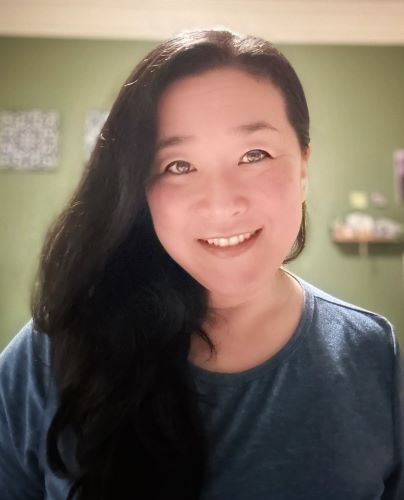Student and Faculty Spotlight
Student Spotlight: Olivia Bendon
That is the nitty-gritty of the project but here is a simple break down of our goals. First, we will obtain accurate data on the food waste our community is producing, which can be used in university reporting on community sustainability. Second, we will implement viable solutions to this problem based on the data we collect. Third, we can use this data to encourage our student body to reduce food waste and allow them to see the impacts of their efforts in real time.
I came across Raccoon Eyes through UGA’s Executive Chef, Jorge Noriega. We discussed where UGA dining already was in terms of sustainability and then discussed where we think we could go in the future. UGA dining has already hit the “low hanging fruit” in terms of sustainability (composting, donating leftover food to nearby homeless shelters rather than throwing it away, etc) so we knew this would be the next step for us.
I am excited to continue to become more involved with the department over my next 4 years at UGA. One of the coolest aspects of this project has been getting to learn how interconnected sustainability can be with monetary gains for UGA. While we are doing something amazing for the environment, we are also cutting back on labor and food costs. As if helping the environment isn’t enough, now we are finding economic benefits to implementing this technology.
Whenever I talk about Raccoon Eyes, I feel that it is imperative that I highlight that this project is something that every UGA student is participating in everyday. This means that everyone is actively making an effort towards sustainability whether they are consciously thinking about it or not. That is no doubt my favorite part of the project- the fact that we are all in this together and are all indirectly working to reduce food waste everyday.
Faculty Spotlight: Yukiko Hashida
Dr. Yukiko Hashida, who joined the Department in 2019, has been chosen to receive the Japanese Economic Association Award for Young Female Researchers. This award was established in 2020 by the Japanese Economic Association with funding from the Nippon Life Insurance Company to promote economics research by supporting female researchers who are expected to become role models for the next generation, according to the awards' website. Every year, the selection committee, consisting of five economists, selects one young female economist, "young” meaning less than 10 years since obtaining Ph.D. degree, who they believe most deserves the award. In their letter of recommendation, they say, “ In this series of studies, Dr. Hashida’s consistent approach, which emphasizes the accurate capturing of not only the behavioral changes of the people involved but also the market dynamics when evaluating measures for environmental risks, is evident. Specifically, this approach is characterized by selecting appropriate statistical methods to gather evidence as the foundation for simulations, reproducing the movements of relevant market equilibrium prices as precisely as possible, and demonstrating the progression of effects over time. After gaining practical experience as a carbon market analyst and renewable energy consultant, Dr. Hashida began her research activities abroad, building a network for collaborative research and steadily establishing her achievements as an environmental economist. With a background enriched by the diverse experiences that she has both learned from and put into practice, Dr. Hashida will set an excellent example for young researchers”.
When asked about the award, Dr. Hashida stated, "I got the news by email after they selected me, and asked if I agree to receive the award. Honestly, I have never thought of the Japanese Economic Association nor considered myself as a “Japanese female economist” (I just think of myself as environmental economist), so it was a bit strange. But I was touched by the fact that these people in my home country (I left Japan a LONG time ago) thought of me as someone who could help next generation of female economists."
She further expanded that, "I am traveling to Japan in September to receive the award at the JEA conference. After accepting the award, I will deliver a lecture on my research, which will then be published in their flagship journal. The conference will be in Aomori, which is the northernmost prefecture of Honshu, the largest island of the four main islands (where Tokyo, Kyoto, and Osaka are). I have never been there, so I am looking forward to it."

 Olivia Bendon, Environmental Economics and Management Student '28
Olivia Bendon, Environmental Economics and Management Student '28
 Olivia Bendon and Raccoon Eyes concept (Photo Credit: UGA Office of Sustainability)
Olivia Bendon and Raccoon Eyes concept (Photo Credit: UGA Office of Sustainability)
